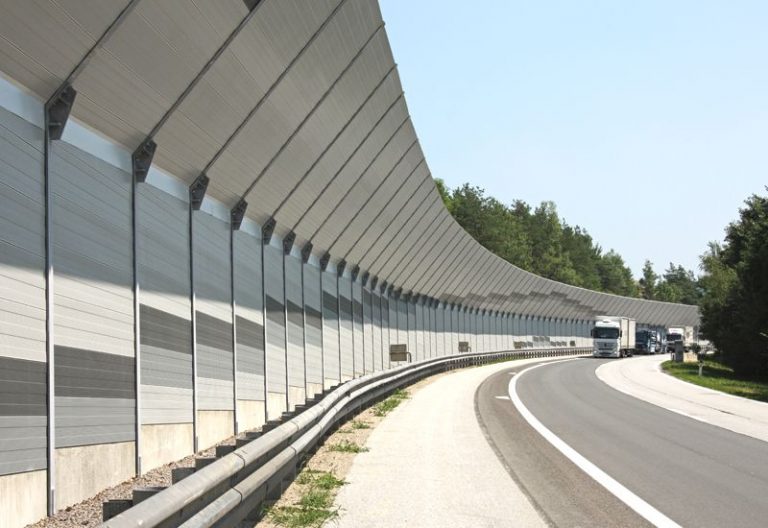Things To Know Before Setting Up Business In Dubai
If you want to start your business abroad, Dubai is a good option. The Middle East and North Africa, also called MENA, is the trading hub, and Dubai is a part of it that boasts business opportunities. Companies can thrive and succeed in Dubai while connecting with the rest of the world.
In early 2019, the economy of Dubai witnessed 2.1% growth, and its GDP reached $56.7 billion within 6 months. The prospects of growth attracted more and more entrepreneurs into this city. Luckily, if you want to set up your business in the city, the process is simple, especially in all the free zones of the UAE.
You can prepare for a business setup in Dubai.
Preparatory Steps
In general, entrepreneurs coming to Dubai to start a business should know a few things about doing business in this city.
#1: Economic Zones
For a business setup in Dubai, you have to deuced if you want to operate offshore or in one of the Free Zones. Based on your requirements, both options have certain specifications and benefits.
If you want to own your company, which is 100% ownership, apply for a free zone license in Dubai. The Dubai government introduced the concept of a free zone to generate some foreign interest in investment. Essentially, free zones are specially marked economic areas where entrepreneurs can have multiple ownerships with 0% tax benefits.
However, the key restriction of operating businesses in free zones is that entrepreneurs cannot trade directly with the local market of the UAE. At present, there are 37 free zones in Dubai. Each zone is designed to allow an industry category to function, offering licenses to entrepreneurs within the categories. Examples include – Dubai Multi Commodities Centre or DMCC and Dubai Internet City or DIC.
Offshore companies, on the other hand, are free to register their establishment in one of the free zones. However, do not mistake it for another free zone business. The key difference between an offshore company and a free zone is their operations. While offshore companies can conduct business activities only outside Dubai, UAE, whereas free zone companies have the permit to run their business inside Dubai. Moreover, they do not have a limit of capital deposits before incorporation.
Licenses in Dubai
Besides choosing the zone, you have to determine the type of registration and licence needed. In Dubai, the DED (Department of Economic Development) issues licences.
There are 3 types of licences:
- Commercial: Businesses involving the trading of goods need a commercial permit, or licence, in Dubai. This licence covers businesses like sales, import-export, tourism, logistics, real estate, and general stores.
- Industrial: Businesses involved in manufacturing and production, using machines or manually, belong to this category. The licence covers all types of businesses dealing in metal manufacturing, textile manufacturing, paper manufacturing, etc.
- Professional: Businesses engaged in providing services, craftsmen, or artisans, require a professional licence for business setup in Dubai. Examples include beauty salons, repair services, and medical services.
Sponsorship
A local sponsor is not required if an entrepreneur chooses to set up a business in any of the free zones. Incorporating a business in the free zone is beneficial because it allows you to set up your establishment with full ownership. No sponsor or partner from the UAE is required.




